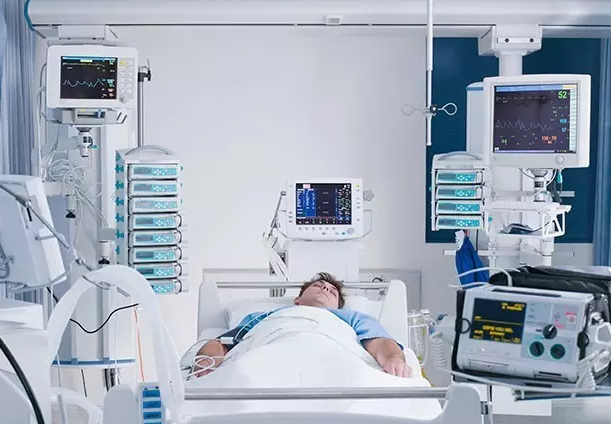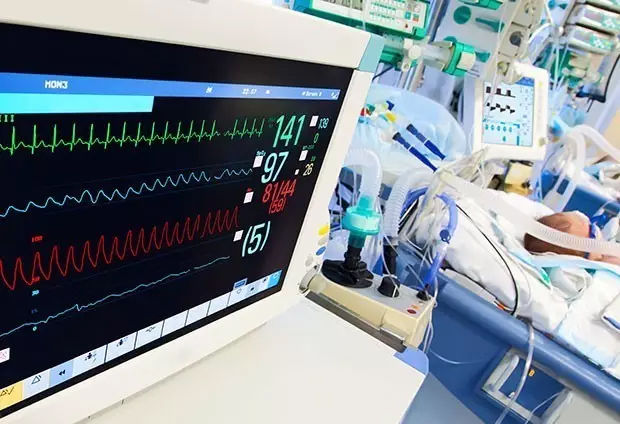Artificial intelligence enters ICU: predicting death accuracy rate of 93%
Hospitals often have an unwritten expectation for their intensive care unit (ICU): reducing the incidence of “death in bedâ€. This kind of thought is a bit strange at first glance, but it can be understood.
This expectation may be realized soon. Based on real-time data provided by various devices that monitor vital signs of patients, ICU seems to be the perfect use scenario for artificial intelligence tools, which can be used to determine the patient's real-time condition and when the condition may worsen.
Priyanka Shah of the ECRI Institute said: "Many hospitals are interested in developing early warning systems to predict life-threatening events such as sepsis, cardiac arrest and respiratory arrest." The ECRI Institute is a medical assessment for the healthcare industry. Non-profit organization of procedures, equipment and drugs.

Academic researchers and medical device companies are now trying to find out which combination of medical devices can provide the best measure of a patient's condition. Shah said that after solving this technical challenge, researchers must also demonstrate the "clinical significance" of the tool through experiments. In other words, not only to prove the effectiveness of the technology, but also to prove that the technology can be integrated into the hospital's workflow, saving hospitals.
Among the ICU's intelligent tasks, the most difficult part is to persuade the medical industry to include relevant personnel, including FDA regulators, clinicians with stereotypes, and hospital administrators who want to save money. Because from a technical point of view, research in this area is promising.
Life and death prediction in PICU
The scenes in the Pediatric Intensive Care Unit (PICU) are always heartbreaking.
In the neonatal ward, fragile newborns lie in plastic incubators surrounded by machines and screens. In the ward, the children were connected to the tube for intravenous injection, and their brave smiles matched the bright cartoon murals.

Plant-based protein powders are our hot selling products which can be widely used in sports nutrition and health&wellness fields. Among protein powder from different plant sources, rice protein, pea protein, sunflower seeds protein, pumpkin seeds protein is suitable for making protein bars, protein shakes. Take plant protein as subsititute of animal protein could reduce the risk of getting heart diseases, plant protein contain more fiber and do not contain less healthy compounds found in meat including saturated fat and cholesterol, plant protien are safe and vegan friendly choice.
Plant Protein,Protein Powder,Plant-Based Protein,Rice Protein
YT(Xi'an) Biochem Co., Ltd. , https://www.ytlinkherb.com
